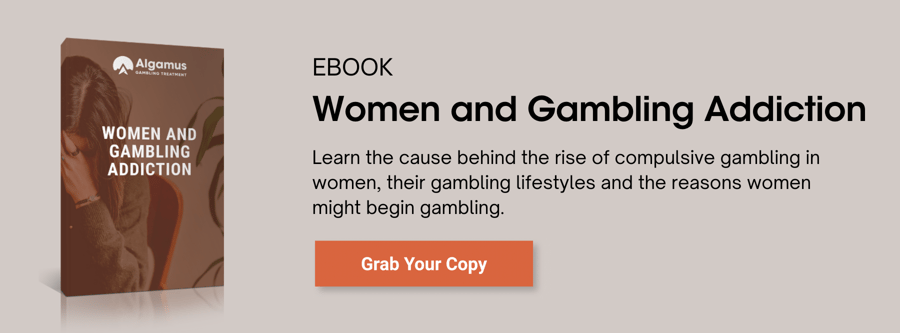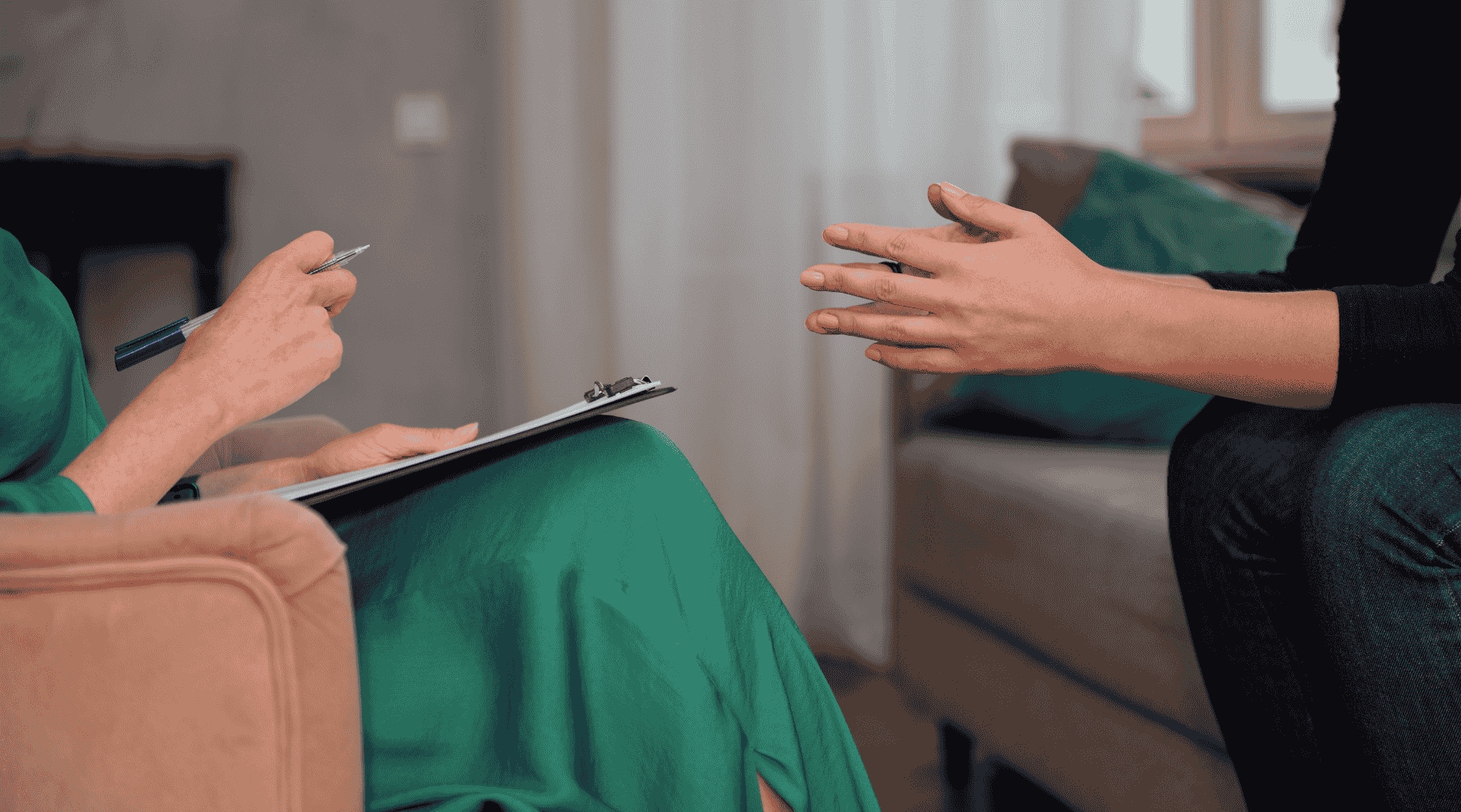How Gambling Impacts Your Brain: Understanding the Neuroscience of Addiction
Gambling significantly impacts the brain's chemistry and neural pathways, primarily affecting the reward system and decision-making processes. This comprehensive overview explores the neurological effects and potential treatments for gambling addiction.
The Brain's Reward System and Gambling
Gambling triggers dopamine release in the brain, creating feelings of pleasure and excitement. The ventral striatum, a key component of the reward circuitry, becomes activated during gambling activities. This activation pattern closely resembles that seen in substance addiction, which is why gambling disorder is now classified as a behavioral addiction in the DSM-5.
Long-term Effects on Brain Function
Chronic gambling can lead to several structural and functional changes in the brain:
- Shrinkage of the prefrontal cortex, affecting decision-making and impulse control
- Altered reward system sensitivity
- Impaired risk assessment abilities
- Changes in dopamine receptor function
- Decreased cognitive control

Anxious woman clutching her head
Treatment and Recovery
Evidence-based treatments can help reverse gambling's effects on the brain:
- Cognitive-behavioral therapy
- Support groups (like Gamblers Anonymous)
- Professional counseling
- Medication when appropriate

Women and Gambling E-Book Cover
Prevention and Risk Factors
Key prevention strategies include:
- Understanding personal risk factors
- Setting strict gambling limits
- Recognizing early warning signs
- Maintaining strong support systems
- Avoiding triggers and high-risk situations
Online gambling presents additional risks due to its accessibility and privacy, requiring extra vigilance and protective measures.

Person receiving cognitive behavioral therapy

Family supporting loved one in recovery

Two people jogging on pathway
Recovery is possible with proper treatment and support. Early intervention typically leads to better outcomes, and brain plasticity allows for healing over time with sustained abstinence from gambling.
